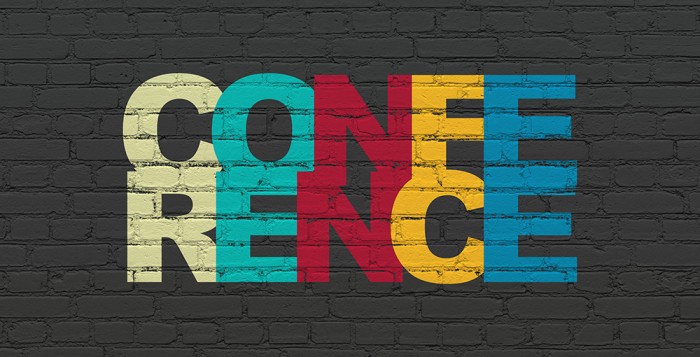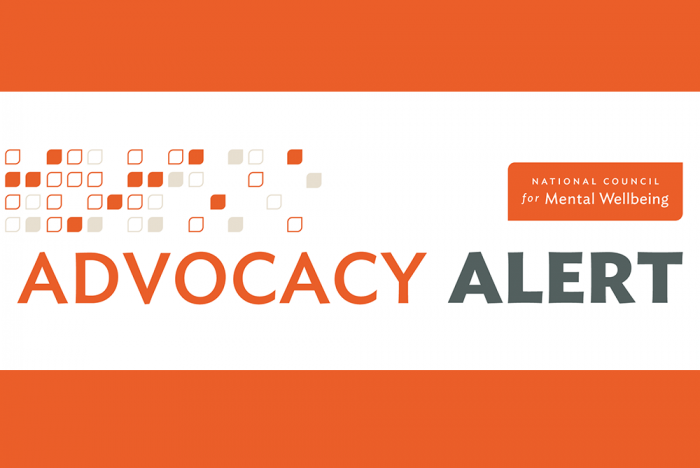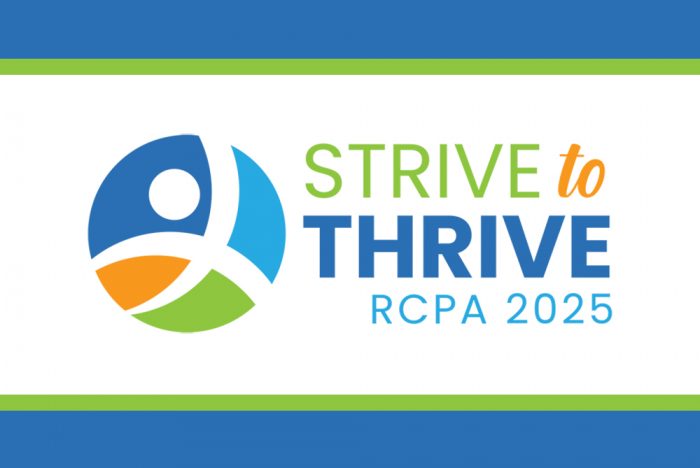RCPA held a golf fundraiser to support the RCPA Political Action Committee (RCPA PAC) on Tuesday, May 13. This successful event raised much-needed funds for our legislative activities, and we would like to thank all the generous golfers who braved the rain to participate and contribute.
A big thank you to our sponsors:
- Tournament Sponsor: Expert County Care Management
- Lunch Sponsors: Brier Dlugolecki Strategies & Novak Strategic Advisors
- Beverage Cart Sponsor: Morgan Stanley Wealth Management
- Premium Hole Sponsor: PDC Pharmacy
- Hole Sponsor: Firetree, Ltd.
- Hole Sponsor: Christopher S. Lucas & Associates
- Hole Sponsor: Embolden WC Trust
- Hole Sponsor: Warfel Construction
- Hole Sponsor: Ceisler Media & Issue Advocacy
- Hole Sponsor: Comprehensive Financial Associates/PA Pension Planners
Your support is always appreciated! We encourage anyone interested in supporting the RCPA PAC to make a personal contribution. For your convenience, you can now make an online contribution. Thank you again for your participation and support, and congratulations to our golf winners!
Your participation in the RCPA PAC is completely voluntary, and you may contribute as much or as little as you choose. Donations are not tax-deductible and will be used for political purposes. You may choose not to participate without fear of reprisal. You will not be favored or disadvantaged by reason of the amount of your contribution or decision not to contribute.

















